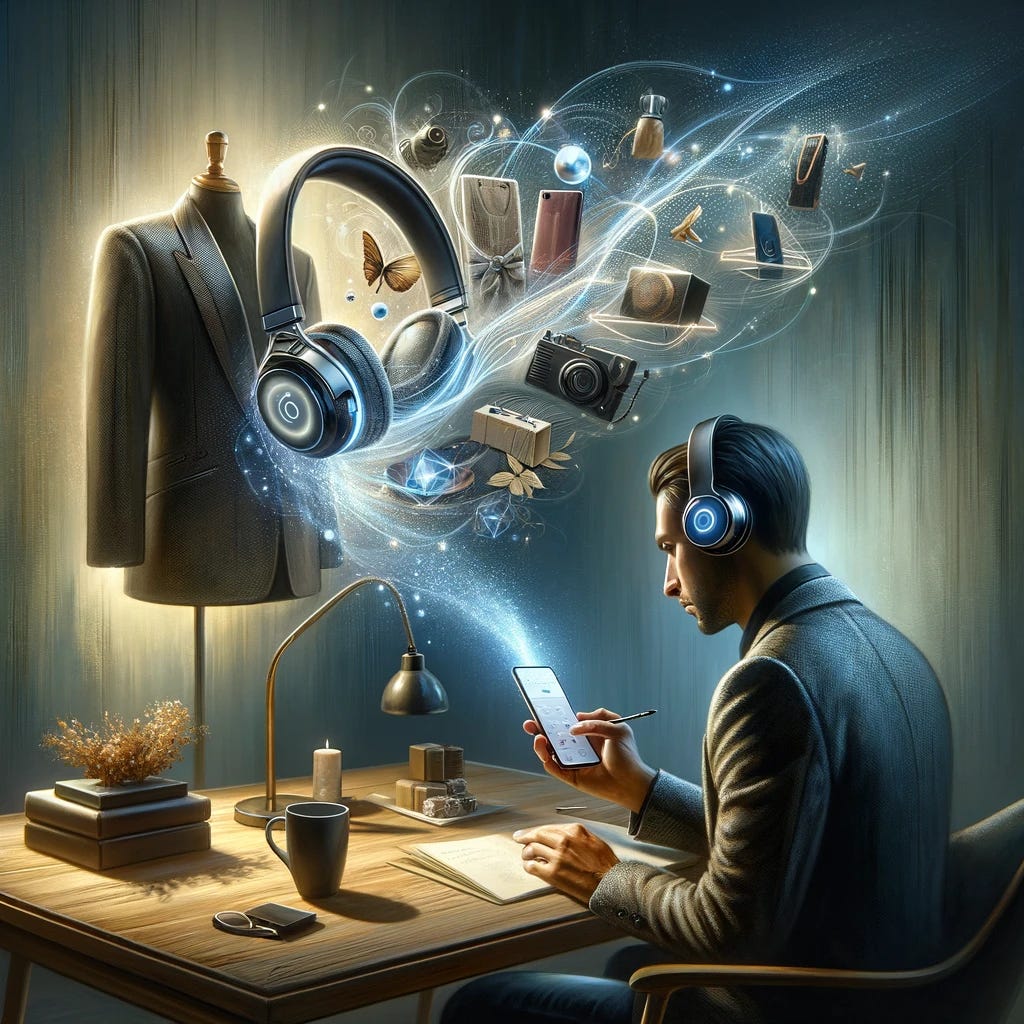The AI Edge: How BIG Brands Are Using AI to convince you to buy their products
Did you know that by 2025, global spending on AI technologies was expected to reach over $97.9 billion, a clear indicator of the technology's transformative potential across various sectors, especially in marketing? This staggering investment underscores AI's critical role in shaping consumer experiences and the future of brand engagement.
As companies vie for consumers' attention in an increasingly crowded digital market, AI has become invaluable for personalizing marketing strategies and fostering deep connections with audiences. Here’s a closer look at how ten world-renowned brands can use AI to meet and exceed consumer expectations, driving innovation and growth in the marketing domain.
Big brands increasingly integrate AI into their marketing strategies to personalize customer experiences, optimize campaigns, and drive innovation.
Here are ten detailed examples of how big brands can use AI for marketing:
Nike
Nike can use AI for product customization, allowing customers to design their sneakers with the Nike By You platform. Additionally, Nike's acquisition of Celect, a predictive analytics company, helps optimize inventory distribution by predicting what styles and products will be most popular in different regions.
Starbucks
Starbucks can leverage its AI-driven Deep Brew program to personalize marketing messages, recommend products, and optimize staffing. The AI considers weather, time of day, and local store inventory to tailor recommendations.
Spotify
Spotify can use AI to personalize user experiences with its Discover Weekly and Daily Mix playlists, which recommend songs based on listening habits. This personalization enhances user engagement and encourages longer listening sessions.
Amazon
Amazon’s AI-driven recommendation engine can personalize the shopping experience for millions of customers. Amazon’s AI suggests products based on previous purchases, search history, and items in the shopping cart, significantly increasing cross-selling and upselling opportunities.
Coca-Cola
Coca-Cola can use AI in various marketing facets, including social media listening and engagement tools, to analyze customer sentiment and trends. This helps Coca-Cola tailor its marketing campaigns and product development to meet consumer needs more effectively.
McDonald's
McDonald’s can use AI in its digital drive-thru menus, which recommend items based on time of day, weather, and trending menu items. McDonald’s can also use AI to personalize the McDonald’s app experience, offering special deals and recommendations.
Sephora
Sephora’s Virtual Artist app uses AI and AR (Augmented Reality) to let customers try on makeup virtually. This app can significantly enhance the online shopping experience and has been pivotal in driving online sales.
American Express
American Express can use AI to analyze transactions in real-time to detect fraud. Moreover, AI algorithms help customize financial offers for customers, enhancing customer retention and satisfaction by providing personalized services.
Netflix
Netflix’s AI algorithms can analyze viewing habits to recommend movies and TV shows, creating a highly personalized viewing experience. This personalization is a key component of Netflix's marketing, keeping users engaged and reducing churn.
ButcherBox
ButcherBox can use AI to create and suggest Customized Subscription Boxes. By analyzing customer purchase histories and preferences using AI algorithms, ButcherBox can tailor each subscription box to suit individual tastes and dietary requirements, enhancing customer satisfaction and retention.
These examples show how AI can transform marketing strategies by enhancing personalization, optimizing operations, and engaging customers more effectively. The use of AI in marketing is not just about automation but also about creating more meaningful and personalized customer experiences.





